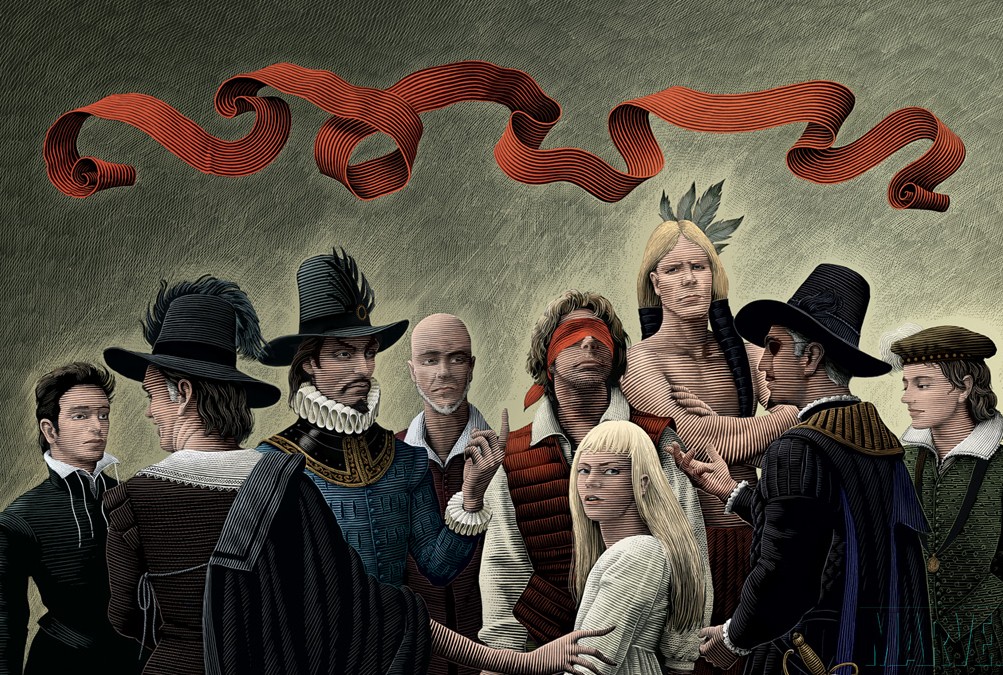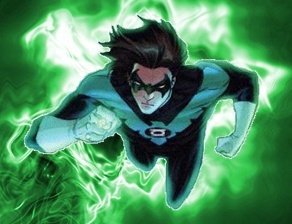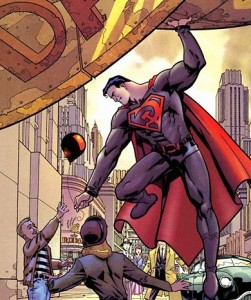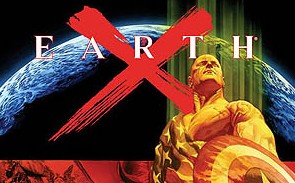Culture
Listless: Alternate universe superheroes

Superheroes are nice and all, but reading the same story over and over can get tedious and boring. Companies bring in new writers to add some freshness to the line, but one of the more creative projects DC and Marvel do are alternate takes on their keynote series. DC has Elseworlds and Marvel has What If… but they’re both the same. Take a character you’ve been reading since childhood (Batman, Iron Man, etc.), put them in a different time period/universe/reality, and go wild. Some of these are entertaining as one-shot comics, but others really capture a new angle on what these superheroes could’ve been. So I give you….
Alternate reality superheroes that should exist
— Batman/Green Lantern mash-ups
There have been a couple of permutations of the Bat family colliding with the Green Lantern, but two of my favorites are Batman in In Darkest Knight and NightLantern (Nightwing/Green Lantern) in Superman/Batman. As a friend eloquently said, candidates for the Green Lantern Corps are chosen because they are heroic figures already. They’re rewarded for their valor and courage with the powers of the ring. So who better than Gotham’s saviors Nightwing and Batman?
— Commie Superman
I don’t keep up with the Superman series. He’s a character that played well in the 50s, but his all-American attitude and puppy dog demeanor doesn’t entertain me whatsoever. I go for the hardened, damaged types (see: Batman). Superman in Red Son, however, is awesome. Red Son follows the alternate life of Superman if he landed in the Soviet Union instead of middle America. Somehow this makes him better than he’s ever been. His costume rocks, he rules over Russia with an iron fist (no pun intended), and for fans of the Superman mythos there are tie-ins to his original storyline. But what the story really shows is that he can be a fallible person, something Action Comics and other Superman storyline never seem to stick with.
— Dystopian Marvel
Earth X and Alex Ross take a lot of credit for getting me into comic books in high school. While Ross was writing Kingdom Come (another awesome Elseworlds book) for DC Comics, he sketched out a dystopian Marvel storyline that later became the basis of Earth X. As Spider Man frequently says, “With great power comes great responsibility.” But what happens when everyone gets powers? What’s the point of being responsible then? Needless to say, things get out of hand quickly and lots of people die. Stories like this are entertaining because the writer can take chances and actually kill off a mainstay character without repercussions, or the chance that they’ll come back to life in 20 issues. It’s a dystopian story after all, it wouldn’t be any fun without some bloodshed and heartbreak.
— Ye olde X-Men
Marvel 1602 was Neil Gaiman’s series that took Marvel heroes and blasted them back to, you guessed it, 1602. Imagining characters like Daredevil as a blind minstrel and Captain America as a true captain of America (i.e. Native American) is so different from what a Elseworlds/What If… book usually is. The X-Men run was my favorite segment in the series. Most of the mutants, called “witchbreeds” in the story, stay based in Spain, and the storyline weaves in and out of the Spanish Inquisition. Mutant rights is a huge part of the X-Men storyline, especially early one. What better device to use than one of the biggest tribunals in European history, and have Magneto be a Grand Inquisitor?


